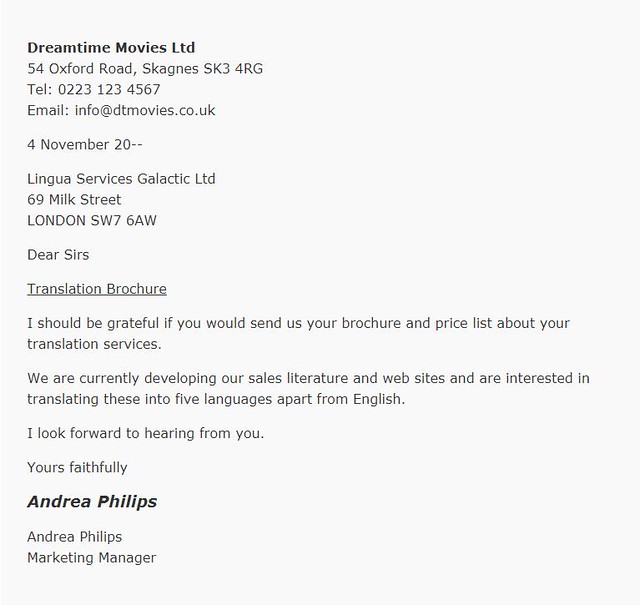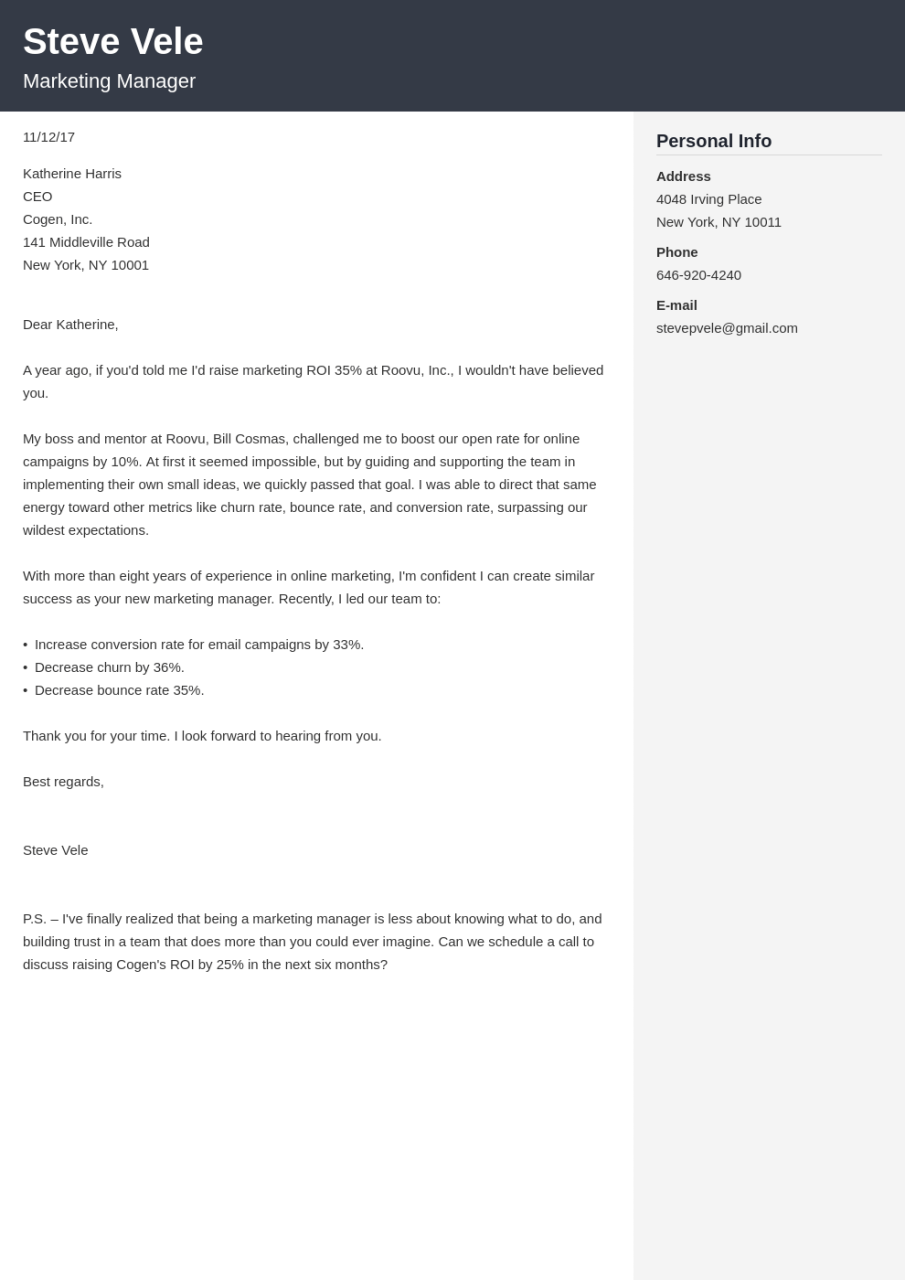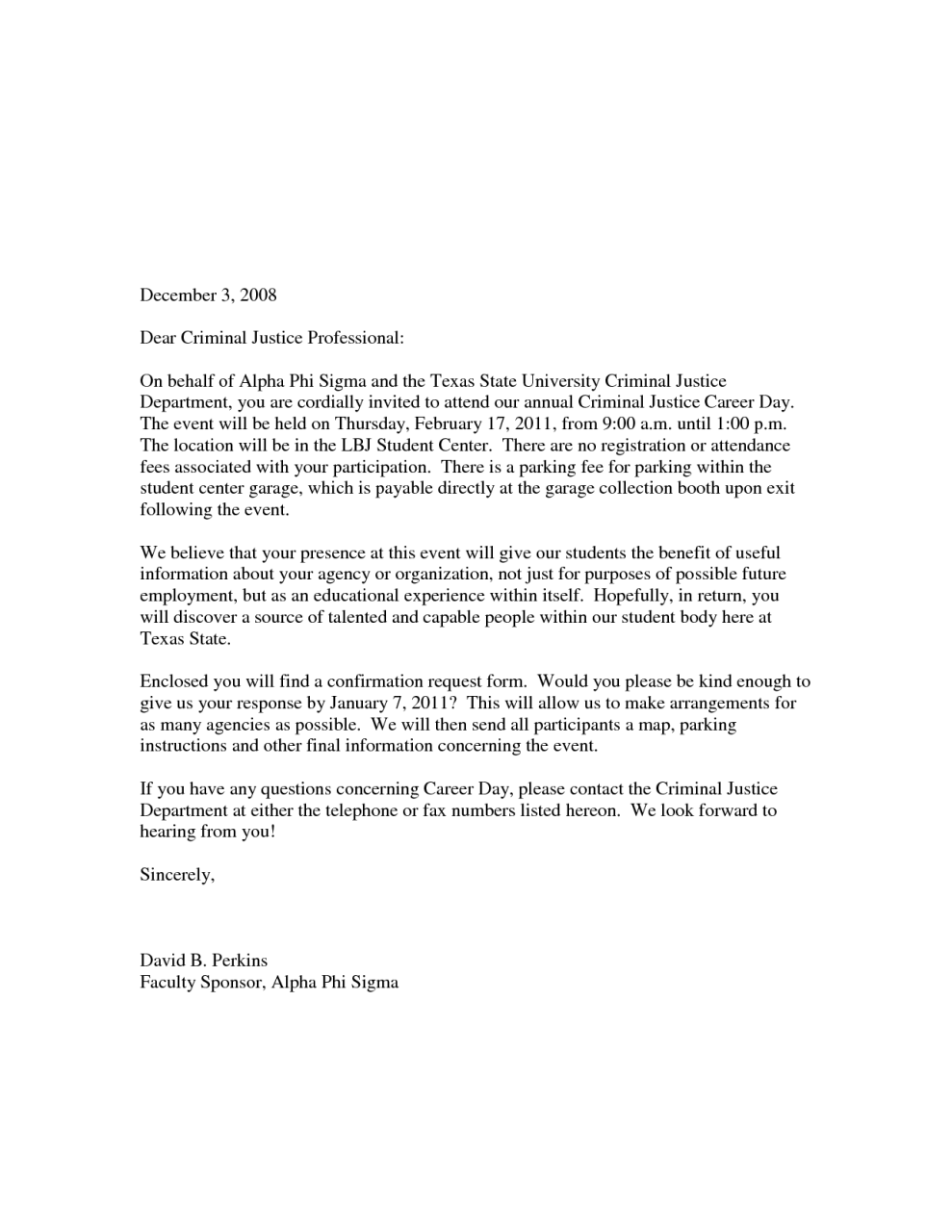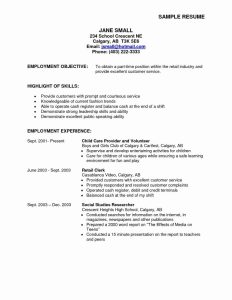Best Closing Remarks In Business Email. Formal, but not too formal, you can pretty much use them in any email. Best, best of luck, best wishes, cordially yours, fond regards, in appreciation, in sympathy, kind regards, kind thanks, kind wishes, many thanks, regards, respectfully,.

“sincerely appreciate your help in answering my question,” “if you’re able to reply by [day or time], that would be great — thank you!” “thanks for pointing me in the right direction,”. You can use one name if only you are writing to a colleague or a close friend. Normally, your business email closing should be in this order:
 Source: scamfighter.net
Source: scamfighter.net
Aaron ross, author of predictable revenue, swears by these closing lines: You can use one name if only you are writing to a colleague or a close friend.
For Example, A Closing Line Might Look Like This:
In a formal setting, you can write closing remarks such as ‘yours respectfully’ followed by your full name while in an informal context, the closing remarks can be simply. Email closings for formal business 1. Email, text, and business letter closings examples 36.) sincerely, 37.) best, 38.) regards, 39.) kind regards, 40.) with gratitude, 41.) respectfully, 42.) thank you, 43.) many thanks, 44.) warm.
Formal, But Not Too Formal, You Can Pretty Much Use Them In Any Email.
Want your company to be successful? “best” usually works well when the email. Thank you for taking the time to review my resume and professional references.
Business Emails Don’t Have To Be Dull And Boring, And This Email Is A Perfect Example Of That.
The closing of a business email doesn’t need to be lengthy, and it doesn’t need to be overthought. When ending an email, avoid using one name or your nickname. email me by [date] to confirm.
Best, Best Of Luck, Best Wishes, Cordially Yours, Fond Regards, In Appreciation, In Sympathy, Kind Regards, Kind Thanks, Kind Wishes, Many Thanks, Regards, Respectfully,.
Normally, your business email closing should be in this order: I look forward to hearing from you soon!. The empathetic tone towards the end makes the sender seem relatable and reminds us.
It’s A Way To Say Farewell And Conveys Warm Wishes.
You can use one name if only you are writing to a colleague or a close friend. Thank you in advance, looking forward to hearing from you soon, and so forth. Sometimes, the best route to ending professional correspondence is to keep it.


